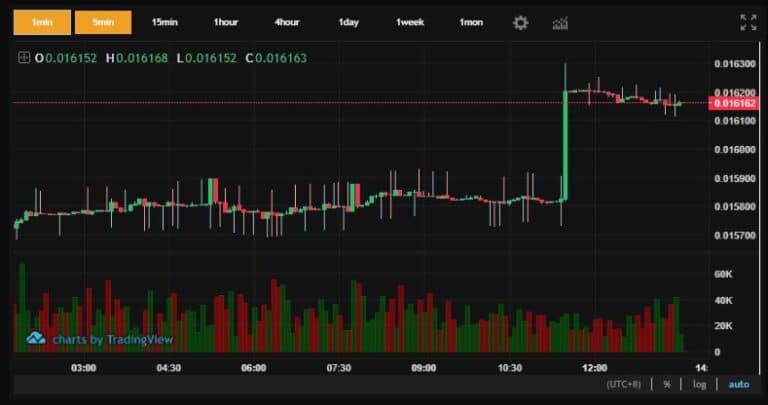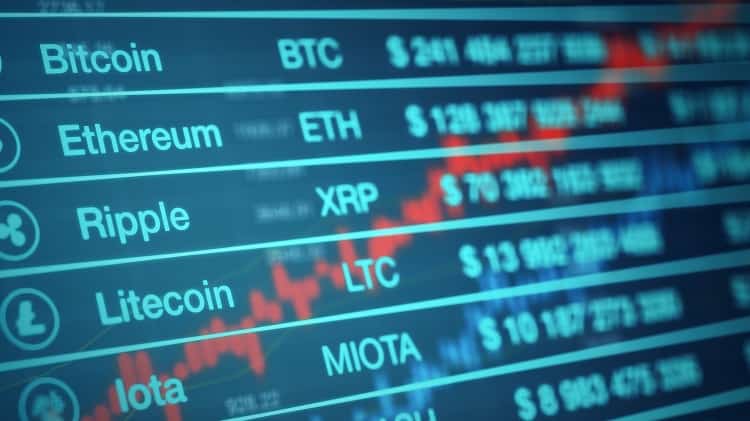Philippines Cryptocurrency Regulations: BSP License vs CEZA License
Let’s break down the differences between a BSP license and a CEZA license, both can be obtained in the Philippines but with different functions altogether.
February 22, 2019, Makati – If you are observing the Philippine blockchain and crypto scene outside the country, it seems there are 2 conflicting regulations with regards to cryptocurrencies. On one hand, we have the Central Bank’s Virtual Currency License and on the other is CEZA’s Offshore Crypto License. We create this most basic article explaining the 2 and hopefully, this will provide understanding to other outlets covering the Philippines and to investors and companies that want to set up in the country. We also included a table of comparison at the end of the article.
Virtual Currency Exchange License from the BSP
BSP Primer
The country’s central bank – the Bangko Sentral ng Pilipinas (BSP) is the country’s central monetary authority. The bank’s main objective is to maintain price stability, preserve monetary stability, and the convertibility of our national currency. It provides policy directions in the areas of money, banking, and credit.
Additionally, it supervises banks and has regulatory powers over non-bank financial institutions with quasi-banking functions.
If a business revolves around transaction of money, whether transfer or money, depositing, receiving, remittances, etc, the BSP has supervision over that business.
Which leads us to cryptocurrencies.
Peso as Legal Tender
The Philippine Peso is the country’s legal tender. It is the sole currency recognized and endorsed by the central bank to be accepted for monetary exchanges and the like.
If you read this website, you’ll know that cryptocurrencies can be used for transactions as well. Around the world, bitcoin and many other “coins” are accepted as a mode of payment. Not only that, the global market accepts that bitcoin has value equivalent to USD and even to PHP. Depending on the rate, a cryptocurrency’s value may increase or decrease.
But the BSP does not recognize cryptocurrencies like bitcoin as legal tender. (Read: Is bitcoin legal in the Philippines?)
Does that mean you cannot use it as a mode of payment? Of course, you still can. You can also keep it just like how you keep your savings in a bank. However, because the BSP does not endorse it, you are on your own. It means you are responsible for any losses crypto might give you. Of course, no one will also take credit for gains it will give you.
And that separates crypto from the Philippine Peso.
But still, the BSP recognizes that crypto has value, especially when it comes to remittances; using crypto can make transactions cheaper and faster. The central bank recognizes that there is benefit to not stopping Filipinos from owning bitcoin.
BSP Circular 944 – Guidelines for Virtual Currency Exchanges
So what it did is create an environment that will make crypto thrive but at the same time protect the public and the country. The BSP Circular 944 lists a set of guidelines for companies that want to operate virtual currency exchanges in the Philippines and provide this service for Philippine residents. For example, these companies must have strict KYC and Anti AML mechanisms so that dubious money will not enter the Philippines through a crypto exchange.
You can find the list of licensed virtual currency exchanges here:
The circular, as monumental as it is, only covers the “crypto to fiat conversion” activity and vice versa. It does not cover order-book style exchanges – exchanges that allow users to set their own rate via an order book similar to how the stock market operates. That is the domain of the Securities and Exchange Commission (SEC), which is committed to creating rules for that by June 2019. That’s the reason why the licensed virtual currency exchanges only provide instant conversion rate for crypto to fiat.
Also, having the virtual currency exchange license does not allow you to do initial coin offerings (ICO). ICO rules are being created and will be under the domain of the SEC.
Lastly, apps like Coins.ph also has an e-money issuing (EMI) license, which allows it to offer financial services like online payment of bills, utilities, credit cards, mobile load etc.
CEZA FTSOVC License
CEZA
The Cagayan Economic Zone Authority is a government-owned and controlled corporation that is responsible for the development of the Cagayan Special Economic Zone and Freeport (CSEZFP) in Northern Philippines.
What is a Special Economic Zone?
A special economic zone is an area where business and trade laws are different from the rest of the country, designed to boost the economy and development of a certain region. Usually, economic zones are created to attract foreign direct investments.
Crypto Valley of Asia
Recognizing the growth of fintech and blockchain companies, CEZA has launched an initiative called “Crypto Valley of Asia“, which will become the home of fintech companies abroad in the Philippines. Because it is a special economic zone, its trade laws can be different from the existing national regulation. That’s why while the Philippines doesn’t have regulation governing order book style exchanges and initial coin offerings, CEZA has created its own.
FTSOVC License from CEZA
The Financial Technology Solutions and Offshore Virtual Currency (FTSOVC) License allows a licensee to engage in crypto trading services. The caveat is that this is offshore. These companies can set up at the zone to take advantage of incentives such as lower cost of labor vs neighboring countries and ease of doing business because of the country’s English speaker talent. However, the companies can only provide this service to non-Philippine residents.
There are two kinds of FTSOVC Licenses. The Principal License will allow a business to engage in fintech services and crypto trading services. The regular license has two types. The first regular license will allow the business to engage in crypto trading services. The second regular license allows the company holder to engage in fintech services. More information, plus the list of license holders can be found in this article:
Recently, CEZA has been made aware of companies “claiming” to have a CEZA license. The government corporation reiterates that no Filipino or Philippine resident is allowed to have these licenses as they are meant for attracting foreign businesses to the economic zone.
Comparison of Licenses
| BSP | CEZA | |
| License Name | “Virtual Currency Exchange” (VC) License | Financial Technology Solutions and Offshore Virtual Currency (FTSOVC) License |
| Definition | Allows a company to engage in crypto-to-fiat and fiat-to-crypto transactions and services | Allows companies to set up business in the economic zone and deal with offshore fintech and crypto services |
| Allows Peso to Crypto? | Yes | No |
| Target Market | Filipinos, Philippine Residents | Non-Filipinos, Non-Philippine Residents, Offshore Clients |
| Sub Licenses | None | Regular OVC License – Allows offshore crypto services only
Regular Fintech License – Allows fintech solutions services only |
This article is originally published on BitPinas: Philippines Cryptocurrency Regulations: BSP License vs CEZA License





